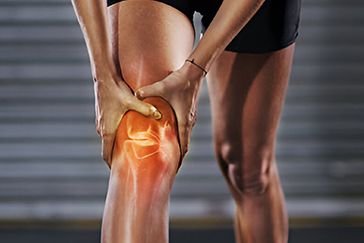 Book Appt.
Book Appt.
 Call Now
Call Now


Kyphosis is a spinal condition characterized by an exaggerated curvature of the upper back, leading to a hunched or rounded appearance. This condition can range from mild to severe and may be caused by various factors. Understanding the causes, types, treatment options, and preventive measures for kyphosis is crucial for individuals seeking to maintain spinal health and overall well-being.
Causes of Kyphosis
Types of Kyphosis
Treatment Options
Preventive Measures
Conclusion
Kyphosis can have a significant impact on spinal health and overall well-being. Understanding the causes, types, treatment options, and preventive measures for kyphosis is essential for individuals seeking to maintain optimal spinal health. By adopting proper posture habits, engaging in regular exercise, and seeking professional care when needed, individuals can effectively manage kyphosis and enjoy a healthy, pain-free spine. Early intervention and a proactive approach to spinal health are key to preventing the progression of kyphosis and maintaining overall well-being.
SHALBY Sanar International Hospitals provides extensive medical procedures backed up with our state-of-the-art technology and a team of highly qualified & experienced clinical experts.



Life Transformed: Mr. Blojah Felix Journey to Pain-Free Living | SHALBY Sanar

Pain-Free Living After 6 Years: Knee Replacement Success Story | Dr. Rohit Lamba

Bilateral Total Knee Replacement by Dr. Vikram Shah | SHALBY Sanar International Hospitals

Remarkable Recovery Story: Hip Replacement for Non-union Fracture

Incredible Recovery Story: Bilateral Knee Replacement Transformation

Knee Replacement Surgery by Dr. Rohit Lamba: 60-Year-Old's Remarkable Recovery

Renewed Hope: Successful Hip Replacement Surgery Transforms Iraqi Patient's Life

Exploring a Case of Revision Knee Replacement: Insights from Dr. Rohit Lamba

Triumphant Journey: Ms. Fatima, 69, Triumphs Over Revision Knee Replacement Surgery

Leaving the crutches behind – Riyaz, 43, gains confidence after a successful Hip Replacement Surgery

Transformative Total Knee Replacement Surgery: A New Lease on Life for 48-Year-Old Ramesh

Miraculous Recovery: 17-Year-Old Kenyan Overcomes Osteosarcoma with Mega Prosthesis Surgery

Mr. Omar Faruk's Remarkable Knee Recovery: ACL Reconstruction Success Story

Mrs. Vijay Luxmi's Remarkable Knee Replacement Journey

Umidjon, 36, from Uzbekistan shares his gratitude for a successful total hip replacement surgery

Ms. Mohsin from Iraq shares her gratitude for a successful Computer Navigated Total Knee Replacement

A Total Hip Replacement surgery gives Ms. Barry from Ghana, the ability to walk again.

Dr. Rohit Lamba talks about a successful Hip Replacement Surgery carried out on an Iraqi patient
Our doctors pen down their research findings and experiences from time to time. Their words provide deep insight into the latest techniques, technologies and other advancements in healthcare. It provides expert answers to all kinds of health questions for real-life issues.
VIEW ALL.png)
.png)



Since the day of its foundation, SHALBY Sanar International Hospitals is committed to provide comprehensive healthcare services. It regularly organizes awareness programs in its premises and encourages outdoor healthcare activities and camps with an intent to put focus on preventive healthcare.
VIEW ALL